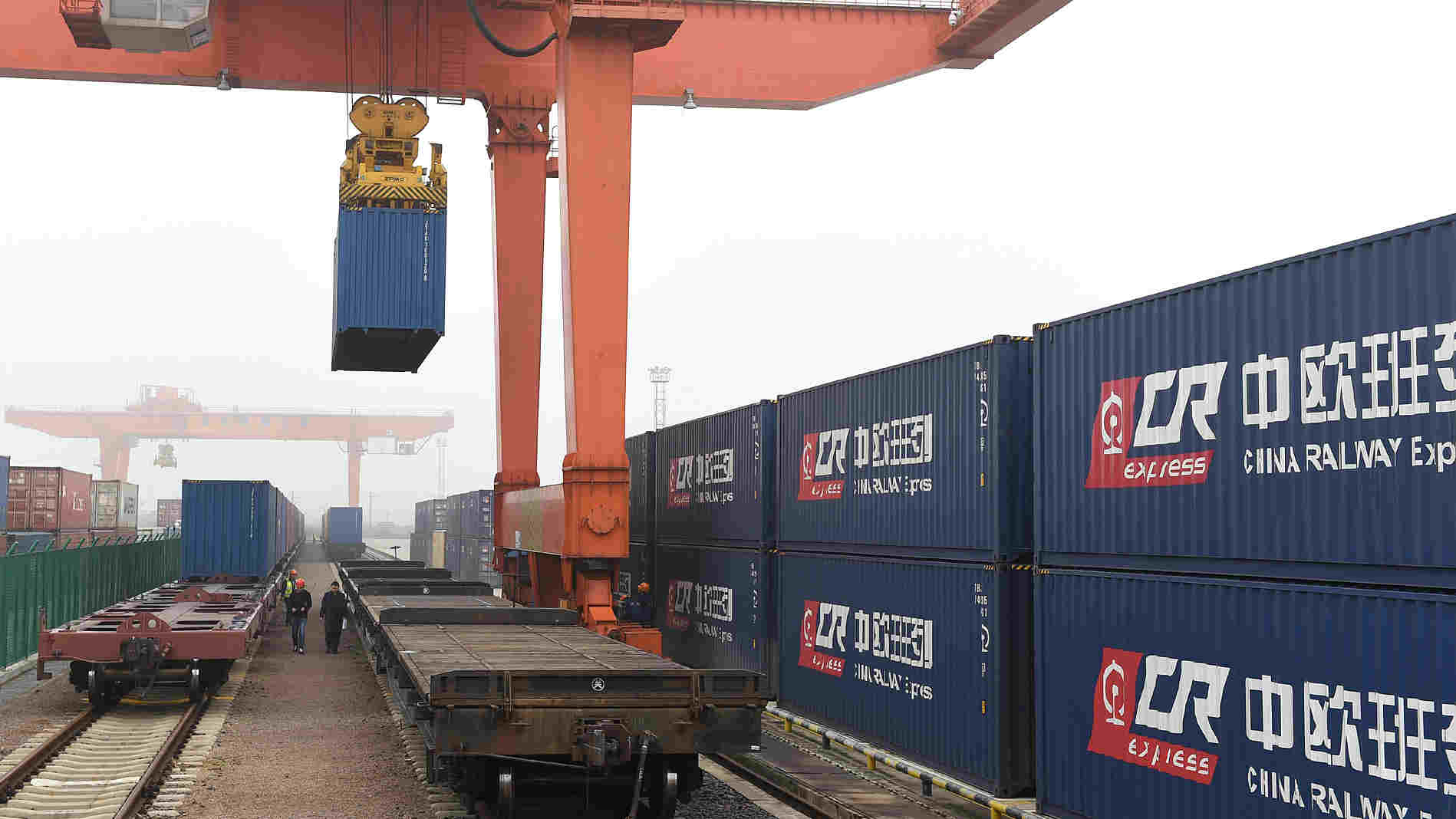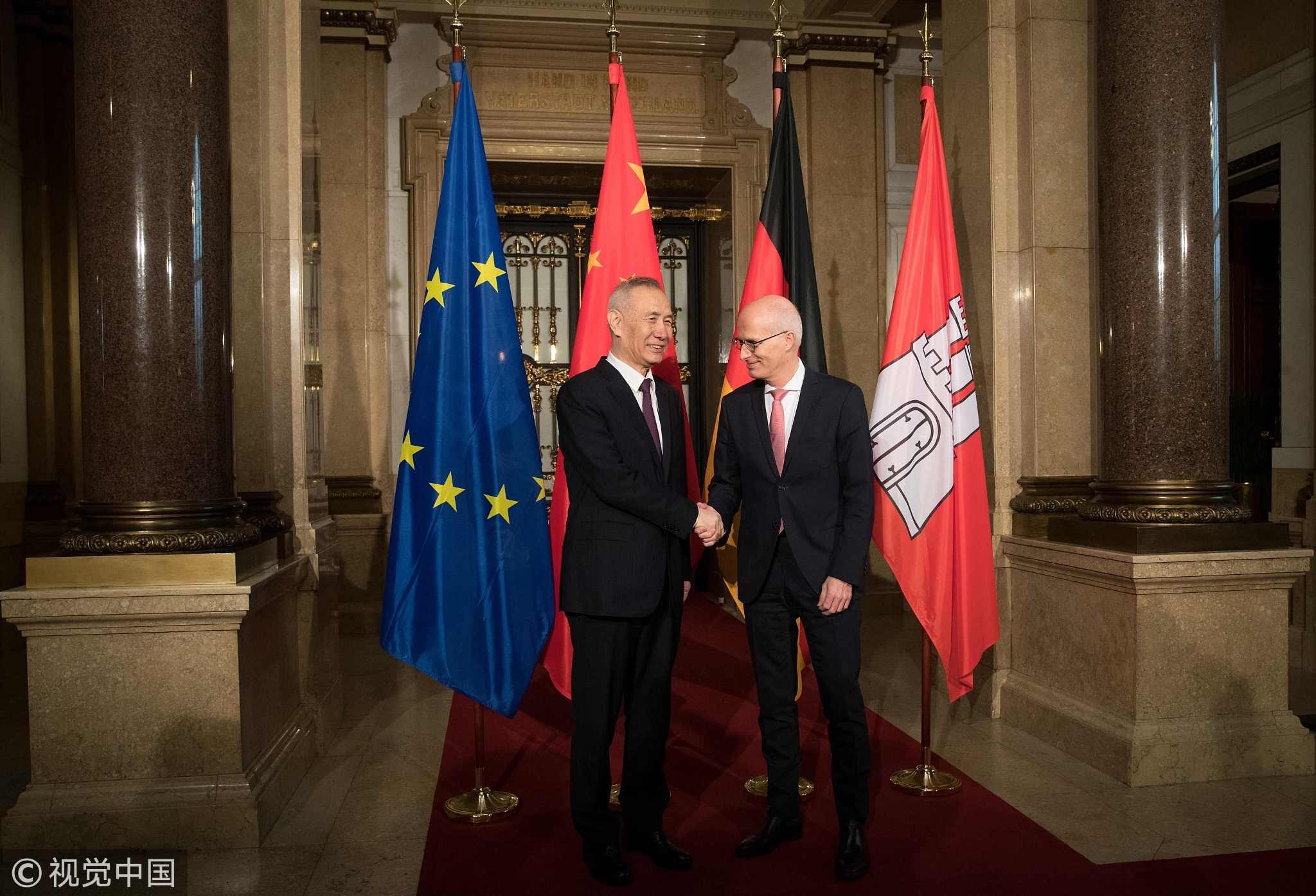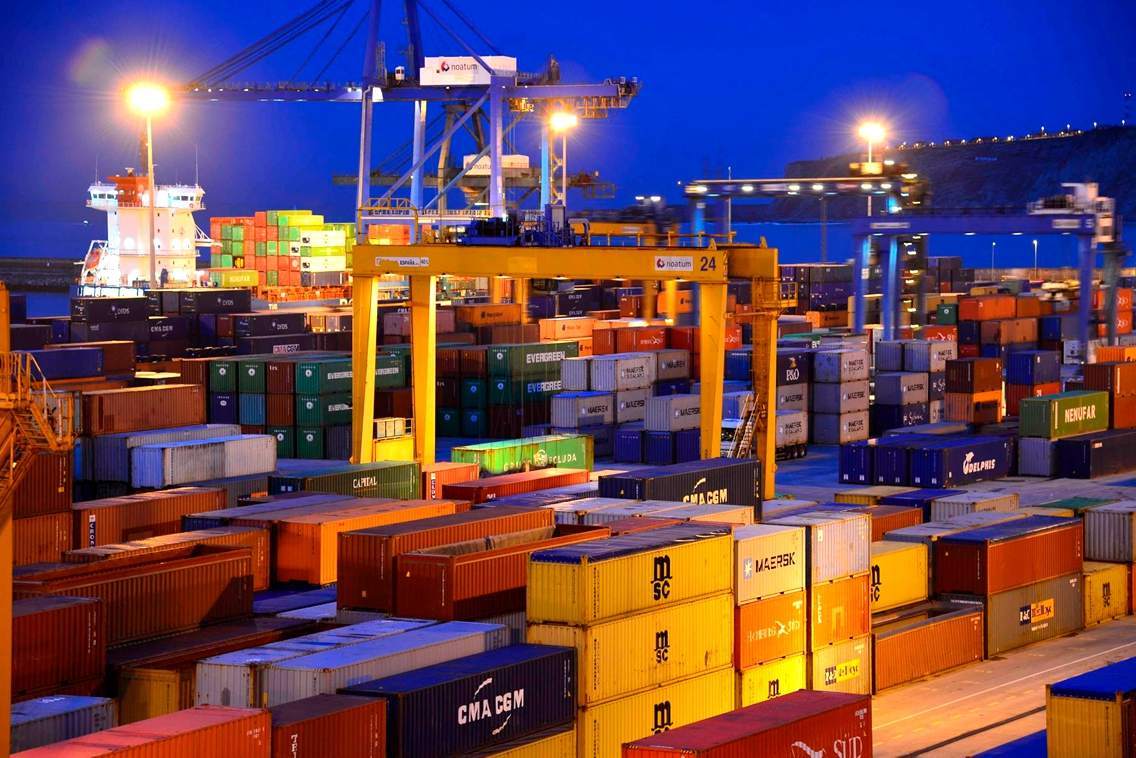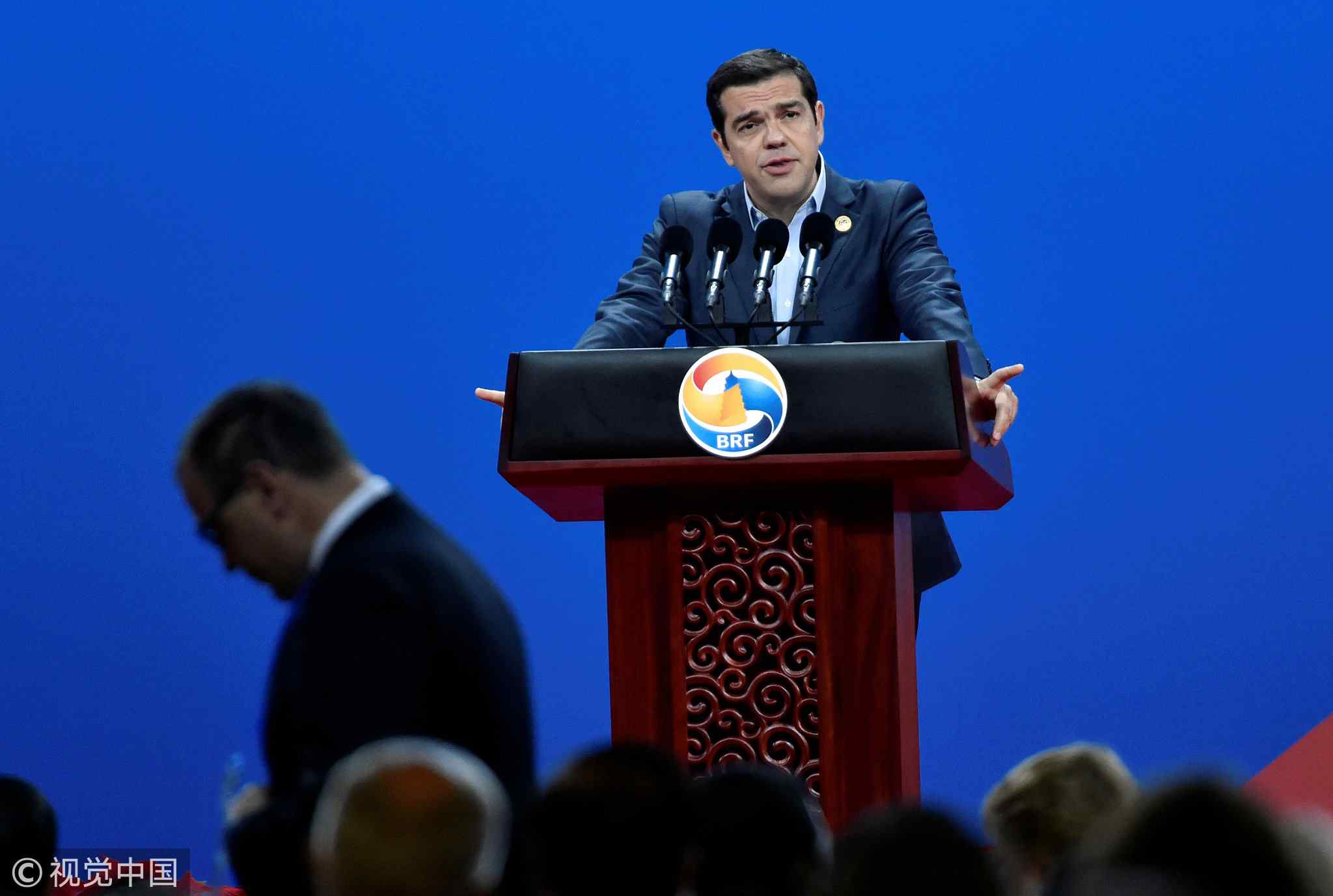
Opinions
16:20, 28-Nov-2018
Opinion: Keep the spirit of "Hamburg Summit" alive, work needs to be continued
Updated
15:24, 01-Dec-2018
By Zhang Bei

Editor's note: Zhang Bei is an assistant research fellow at the Department of European Studies, China Institute of International Studies. The article reflects the author's opinion, and not necessarily the views of CGTN.
The 2018 "Hamburg Summit" wrapped up on Tuesday, November 27. The platform, first initiated by Hamburg Chamber of Commerce in 2004, has become an important stage for representatives of business, politics and academia in China and Europe to exchange ideas and explore opportunities for future cooperation.
Although the past few years have seen many more forums dedicated to China-Europe relations, this forum truly stands out, because it speaks for businesses, the backbone of China-Europe relations and stands for openness, epitomized by the location of this forum.
Generally speaking, China-Europe relations will continue to head in the right direction.

Hamburg's mayor Peter Tschentscher (R) welcomes Chinese Vice Premier Liu He at the city hall in Hamburg, Germany, November 27, 2018. /VCG Photo
Hamburg's mayor Peter Tschentscher (R) welcomes Chinese Vice Premier Liu He at the city hall in Hamburg, Germany, November 27, 2018. /VCG Photo
EU is China's largest trading partner, and China is EU's second largest. The negotiation of an investment agreement between EU and China is underway.
The mutual-beneficial economic cooperation still stands as a pillar for China-Europe cooperation. This year also marks the 15th anniversary of the establishment of the China-EU comprehensive strategic partnership.
In the joint statement following the 20th EU-China summit this July, the importance of China-Europe cooperation on the global stage was highlighted, as the joint efforts by the two sides in defending the Iran nuclear deal and the Paris agreement have shown.
On the same day of the conference, Chinese President Xi Jinping embarks on his new visit to Europe, which speaks for the fact that China genuinely wants to know more about and seeks more engagement from Europe.
However, the extraordinary background of this year's conference, as the conference program has shown, highlights the challenges for China and Europe relations.

Noatum Container Terminal Bilbao in Bilbao Port, Spain. /CGTN Photo
Noatum Container Terminal Bilbao in Bilbao Port, Spain. /CGTN Photo
This year has been eventful and challenging for China-Europe relations in many dimensions.
The trade war between China and the U.S. casts great uncertainty on the global economy and has a long-standing impact on the global supply chain. U.S. President Donald Trump's “American First” approach leads to U.S. retreat from or adopts unilateral policies towards many global institutions, including the World Trade Organization.
Moreover, illustrated by U.S. Vice President Pence's speech on China, the current U.S. administration's policies towards China have dangerously leaned towards a “new cold war,” risking further deterioration of China- U.S. relations.
All these external developments have cast shadows on China-Europe relations in different ways, and in the meantime, China-Europe relations are tested by some inner challenges.
The issues like the “16+1” cooperation, Belt and Road Initiative (BRI), Chinese investment in Europe and China's own industrial progress, for example, have caused mixed feelings and even scaremongering in European media and policy level.
In this regard, 2018 "Hamburg Summit" has served its purposes in two important dimensions.

Greek Prime Minister Alexis Tsipras delivers a speech at the Plenary Session of High-Level Dialogue, the Belt and Road Forum in Beijing, May 14, 2017. /VCG Photo
Greek Prime Minister Alexis Tsipras delivers a speech at the Plenary Session of High-Level Dialogue, the Belt and Road Forum in Beijing, May 14, 2017. /VCG Photo
First, explore new growth points for China-Europe cooperation. The topics of the BRI, connectivity, digitalization and artificial intelligence have created much expectation from both China and Europe for future collaboration.
These expectations, evidence to the mutual-beneficial nature of China-Europe relations, should be translated into tangible outcome to provide more engines for China-Europe relations.
Second, to ease distrust of Europe towards China through open and candid dialogues. The speech given by Chinese Vice Premier Liu He carried great weight. Liu addressed all the hot issues between China and Europe in a straight and candid way, basically giving responses to all the concerns Europe has over China in recent years, such as intellectual property protection, the role of the market in the Chinese economy and the rule of law.
Liu's speech reaffirmed that China has the willingness to live up to its commitment in defending multilateralism, continuing reform and opening up and creating a better environment for European businesses, supported by solid figures and statics on the progress China has made in delivering its promises.
The speech also stressed China's stance in a trade conflict that is a “negotiated solution to the problems,” in contrary to the unilateral approach adopted by others.
In this critical juncture, Europe needs a balanced lens and patience and not to rush into ill-informed judgment on China's own commitment to further reform, China's sincerity in the partnership with Europe or China's future.
Though the 2018 "Hamburg Summit" ended in a positive tone for China-Europe relations, the work should be continued. China and Europe should keep the spirit of "Hamburg Summit" alive by active talking and active listening.
The partnership is undergoing some tests, but with the joint efforts of two sides, the pair could eventually emerge from these challenges with a deeper, stronger friendship.
(If you want to contribute and have specific expertise, please contact us opinions@cgtn.com.)

SITEMAP
Copyright © 2018 CGTN. Beijing ICP prepared NO.16065310-3
Copyright © 2018 CGTN. Beijing ICP prepared NO.16065310-3